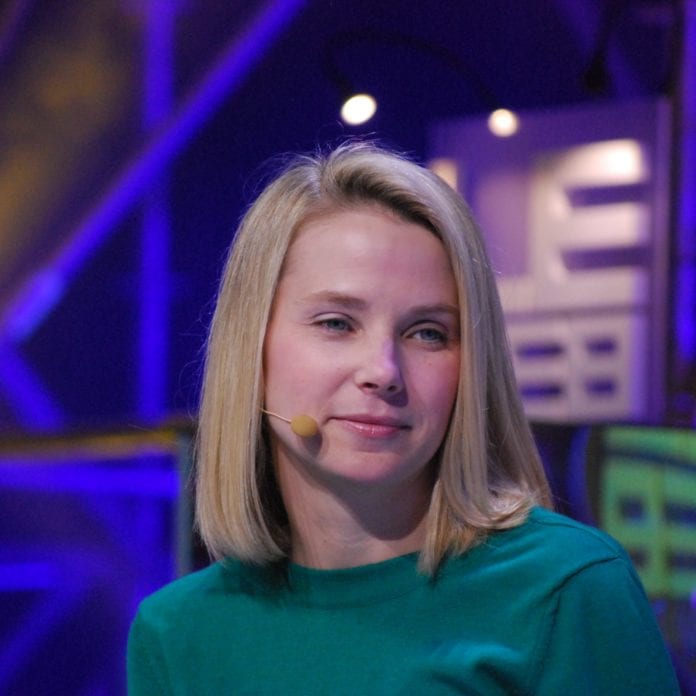Last week Verizon Communications made a deal to buy some portions of Yahoo’s businesses, specifically the troubled internet portal’s operating assets for $4.83 billion in cash.
This builds on Verizon’s previous acquisition of AOL, which the carrier said would create a “new rival in mobile media technology.” Essentially, the purchases of AOL and now Yahoo expand Verizon’s advertising platforms and user base.
Yahoo CEO Marissa Mayer, who took the job in 2012 after more than a decade working at Google on numerous products, discussed the sale of the internet businesses to Verizon in a new interview with Bloomberg.
She said the sale to Verizon boiled down to competing priorities among shareholders. “We have some people who owned Yahoo stock because they really cared about digital advertising and the internet and a possible turnaround there. And we had another set of stakeholders who owned it because they saw a lot of positive transactions that could happen with these very large, lucrative Asian assets. And we had duties to both as the executive team of the company. The Verizon acquisition is a way we can kill two birds with one stone.”
One of the long-standing criticisms the company has faced is its apparent struggle to embrace mobile.
Mayer said that in the early 2000s, at the height of Yahoo’s popularity, “people didn’t understand where Yahoo ended and the internet began. It’s hard to transition mediums and end up with the same mindshare. Facebook is the dominant player, but even by their own estimates, they probably occupy only 20-25% of time spent on mobile. Media is just a lot more fragmented today.”

Yahoo CEO discusses selling internet assets to Verizon
ABOUT AUTHOR
